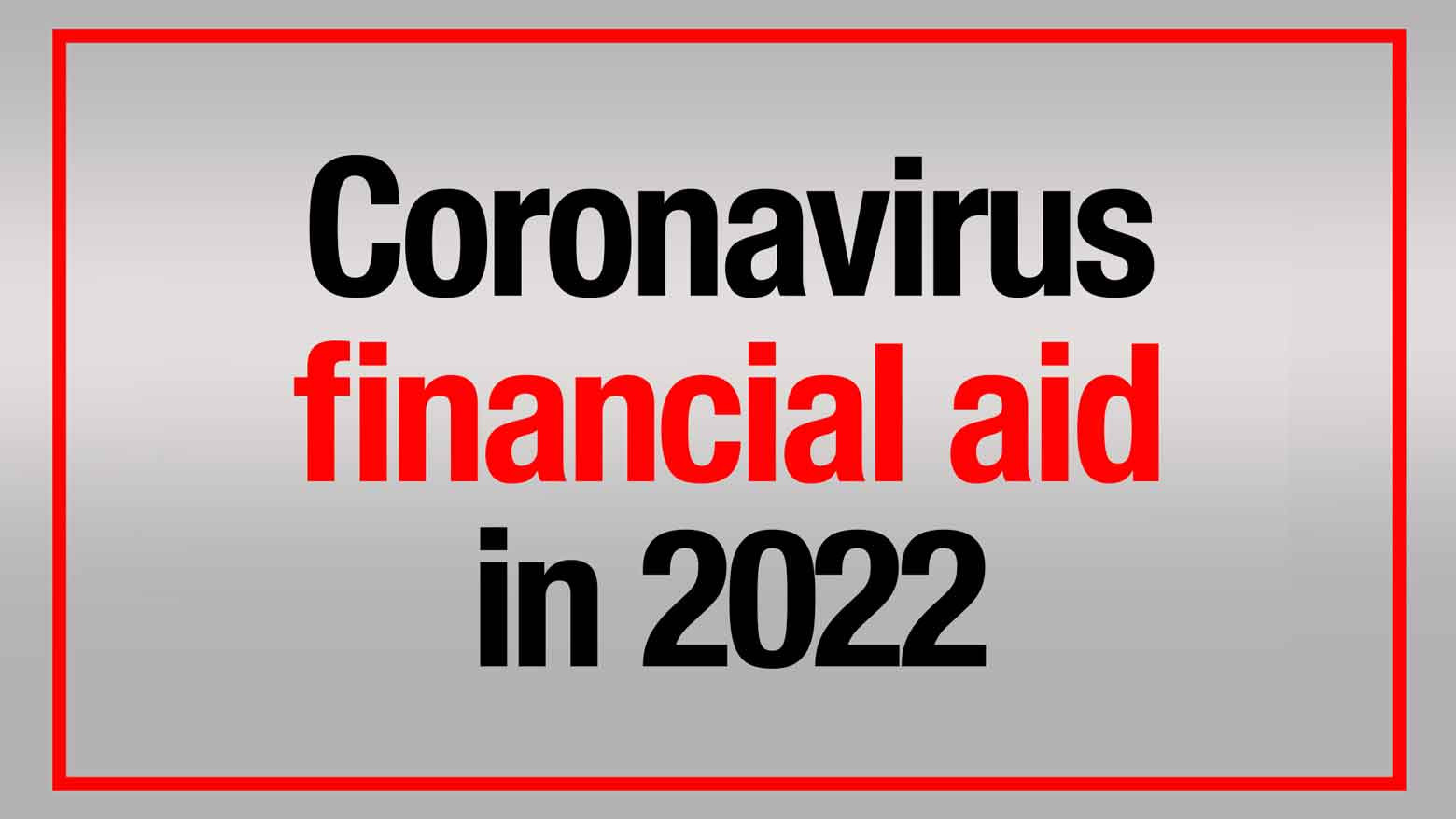Loans for living expenses
Local social welfare councils provide loans to people who have trouble covering their living expenses because of a loss of work due to COVID-19. The loans must be repaid.
Emergency Petty Fund
(Application period has been extended to the end of August 2022.)
These are short-term loans to cover emergency living expenses, primarily for people whose work has been suspended. If income reduction is caused by COVID-19, people may be eligible even if they do not have official "work suspension" status. The loans range in size up to 200,000 yen, and are interest-free but must be repaid within 2 years.
For inquiries, call 0120-46-1999 on weekdays between 9 a.m. and 5 p.m. (in Japanese only) or call social welfare council in your municipality.
General Finance Support
(Application period has been extended to the end of August 2022.)
Longer-term loans are available for households that have experienced a loss of employment or a severe drop in income. These are interest-free loans of up to 150,000 yen a month for people living alone, or 200,000 yen a month for households of two or more people. They are available for 3 months as a general rule, and must be repaid within 10 years.
For inquiries, call 0120-46-1999 on weekdays between 9 a.m. and 5 p.m. (in Japanese only) or call social welfare council in your municipality.
Self-Independence Support Aid for People in Need due to COVID-19
(Application period has been extended to the end of August 2022.)
People who do not qualify for either of the above programs may still be eligible for something called Self-Independence Support Aid. This package is available for up to 3 months as a general rule to applicants who meet certain criteria concerning their income, financial assets, and job-seeking status. For a full outline of the criteria, please consult the lists below.
Single-person households can receive up to 60,000 yen a month. Those with two people can get payments of up to 80,000 yen a month. And households of three or more can get up to 100,000 yen a month.
For inquiries, call 0120-46-1999 on weekdays between 9 a.m. and 5 p.m. (in Japanese only) or call your municipal office.
Rent assistance
(Application period has been extended to the end of August 2022.)
People who have lost their jobs or seen a drop in income due to the pandemic can apply for grants to help pay their rent. This money does not have to be paid back. The grants cover 3 months of rent, but may be extended by up to 9 months if there is evidence that the applicant has made a serious effort to find new work. Those who have previously received the grant may now be eligible for a further 3 months of assistance.
The municipal government pays the rent directly to landlords. Eligibility is based on an assessment of household income and savings. The scheme does not cover mortgage payments.
For consultations, call 0120-23-5572 (in Japanese only), on weekdays from 9 a.m. to 5 p.m. or call one of these locations: https://www.mhlw.go.jp/content/000614516.pdf
Subsidies for parents or guardians
(Application period has been extended to the end of June 2022.)
Parents or guardians forced to give up work to take care of children because of elementary school closures can claim benefits. Subsidies are provided to business owners who made their employees, full-time or part-time, take special paid leave beyond their annual paid leave.
Subsidies are also provided to individual contract workers or freelancers.
For inquiries, call 0120-60-3999 every day between 9 a.m. and 9 p.m. (in Japanese only)
Lists of support measures in multiple languages
Please note that not all of these links contain up-to-date information. Contact your municipal offices for the latest details.
Japanese
https://www.mhlw.go.jp/content/10900000/000622924.pdf
English
https://www.mhlw.go.jp/content/000743778.pdf
Easy Japanese
https://www.mhlw.go.jp/content/000682444.pdf
Simplified Chinese
https://www.mhlw.go.jp/content/000743779.pdf
Traditional Chinese
https://www.mhlw.go.jp/content/000743780.pdf
Korean
https://www.mhlw.go.jp/content/000679384.pdf
Portuguese
https://www.mhlw.go.jp/content/000679385.pdf
Spanish
https://www.mhlw.go.jp/content/000679386.pdf
Tagalog
https://www.mhlw.go.jp/content/000679387.pdf
Thai
https://www.mhlw.go.jp/content/000679388.pdf
Vietnamese
https://www.mhlw.go.jp/content/000679389.pdf
Hindi
https://www.mhlw.go.jp/content/000679391.pdf
Indonesian
https://www.mhlw.go.jp/content/000679395.pdf
Khmer
https://www.mhlw.go.jp/content/000679397.pdf
Mongolian
https://www.mhlw.go.jp/content/000679400.pdf
Burmese
https://www.mhlw.go.jp/content/000679401.pdf
This article was published on May 17, 2022.

